U.S. intelligence authorities cautioned that Iran intended to stir up cultural strife and subvert former president Donald Trump’s attempts to regain the White House, a repeat of its online obstruction in 2020.
With suspected hacking attempts targeting the Republican and Democratic presidential campaigns, it now appears that the 2024 effort has begun. However, intelligence authorities and disinformation specialists remain uncertain of Iran’s exact plans.
Spear-Phishing Emails

The FBI is looking into suspected hacking by Iran focusing on Trump associate Roger Stone as well as advisers to the Biden-Harris campaign that utilized spear-phishing emails — endeavors to access a target’s correspondences by acting like a genuine source.
That could have allowed intruders access to a vetting document on Trump’s running mate, Sen. JD Vance (R-Ohio), that was sent to news organizations by a person who went by the name “Robert.”
Access to Campaign Records

In an email with a Washington Post correspondent, that individual recommended his admittance to Trump campaign records was distinct from the Iranian hacking attempt; federal law enforcement is attempting to decide whether the two efforts are associated.
The Trump campaign has proposed that Iranian hackers released its records to media outlets, however, no proof has arisen. According to people familiar with the situation who spoke on the condition of anonymity to discuss a sensitive matter, the campaign came to the conclusion that hackers had stolen several documents, some of which dealt with financial matters. However, none were deemed to be “hugely sensitive,” one individual said.
Impact on Harris Campaign

The Harris campaign seems unaffected. The FBI informed its legal and security teams in July when President Joe Biden was the presumptive nominee, that it had been “targeted by a foreign actor influence operation.”
According to a campaign official: “We have robust cybersecurity measures in place, and are not aware of any security breaches of our systems resulting from those efforts. We remain in communication with appropriate law enforcement authorities”
Iran’s Response
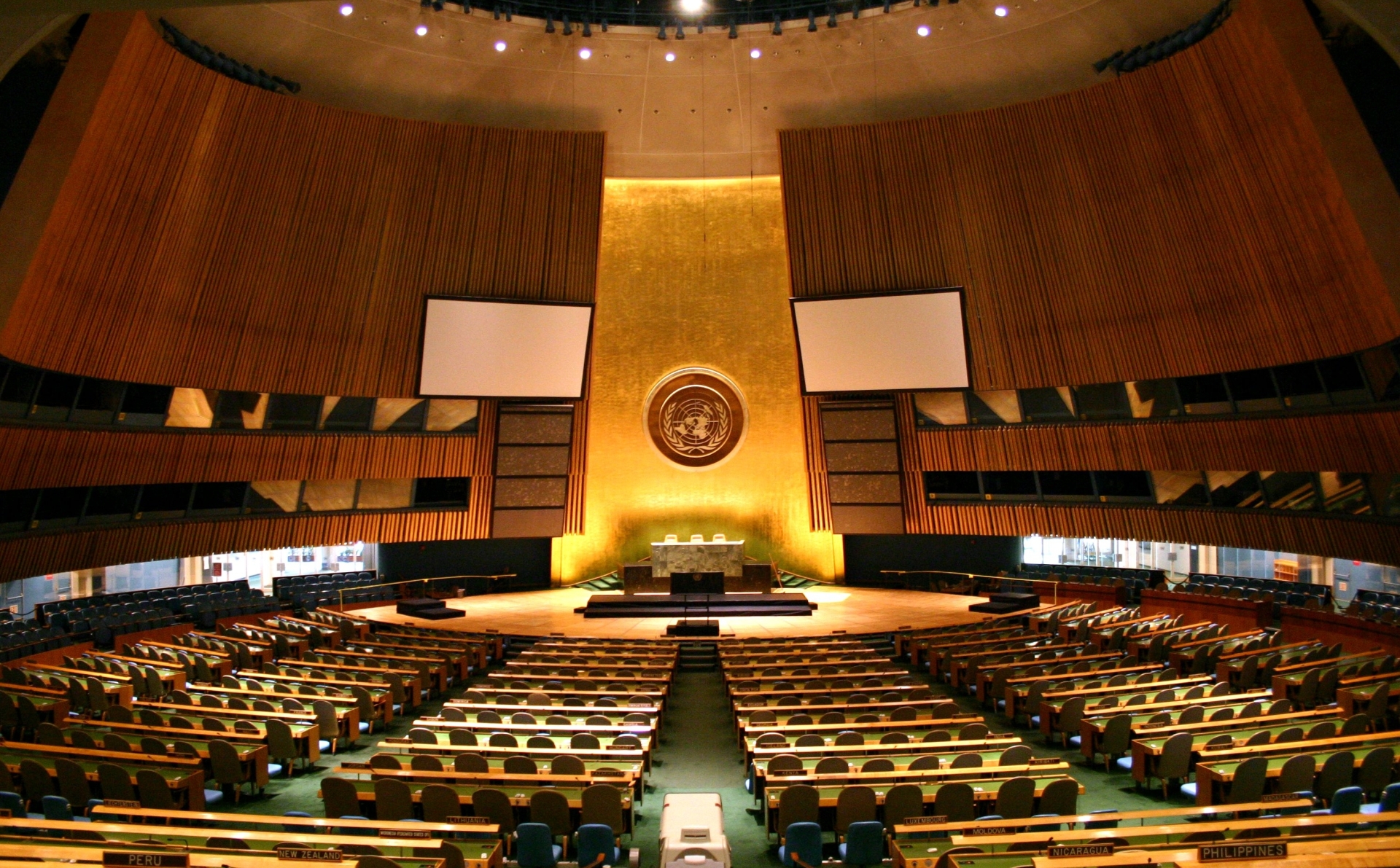
A representative for Iran’s permanent Mission to the United Nations said the government “neither possesses nor harbors any intent or motive to interfere in the United States presidential election.”
Pretty much all that is known about the Iranian endeavors to date is that they mirror the desires that U.S. intelligence authorities say Tehran has long held to subvert the American public’s trust in races and compound political polarization.
“Stopping the Trump Campaign”

According to Paul Nakasone, former National Security Agency director: “We shouldn’t be surprised at all that the Iranians are trying to influence the electoral process. This is something they’ve done since ’18, ’20, ’22, I would characterize this as troublesome, but I wouldn’t say this is particularly audacious.”
“Iran has maintained a steady, high attention to stopping the Trump campaign” through digital and other endeavors, one former senior U.S. intelligence official who monitored foreign influence operations said.
Anonymous Sources
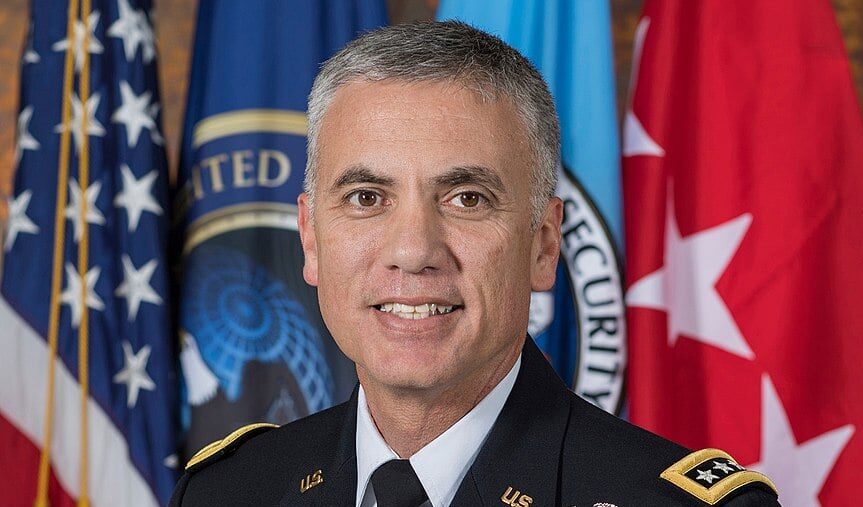
The former official stated, speaking on condition of anonymity because he was not authorized by his private-sector employer to speak on the record, “That’s very much how they approach regional elections [or] Israel — and not just in cyber, but in all domains. They maintain these influence campaigns across decades.”
Iran has “significantly increased” its malicious cyber activity in the last 90 days, according to researchers at Microsoft’s Threat Analysis Center, who reported this month on the Iranian targeting of a U.S. political campaign. In an email, they stated that this level of activity mirrored the rise in Iranian cyberactivity prior to the 2020 presidential election.
“Creating Chaos”
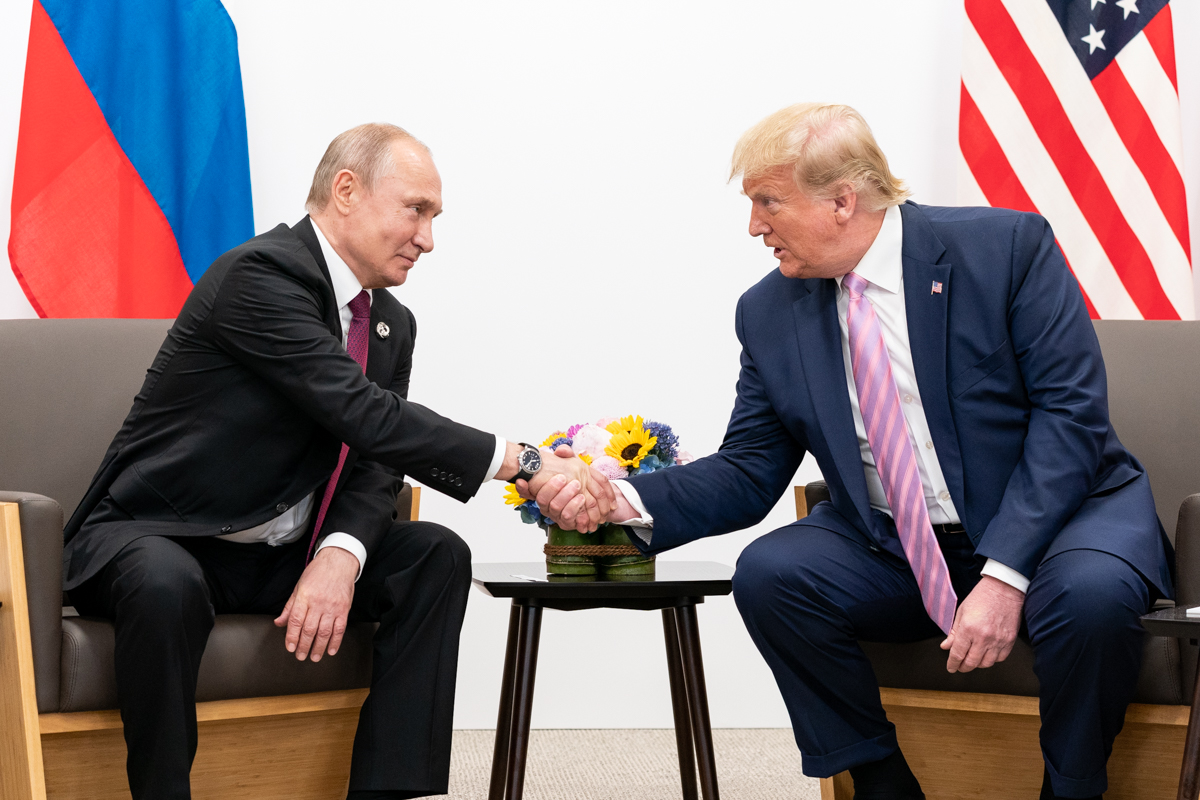
According to the anonymous source: “Unlike Russia, Iranian activity starts later in the election cycle and focuses much more on creating chaos than it does on shaping the outcome of the vote.”
At least, the suspected Iranian hack has shown that Trump, who targeted Democrats in 2016 for poor cyber security that prompted an enormous leak of internal emails by Russian agents, may have uncovered his own poor digital security.
Punished, Not Feared
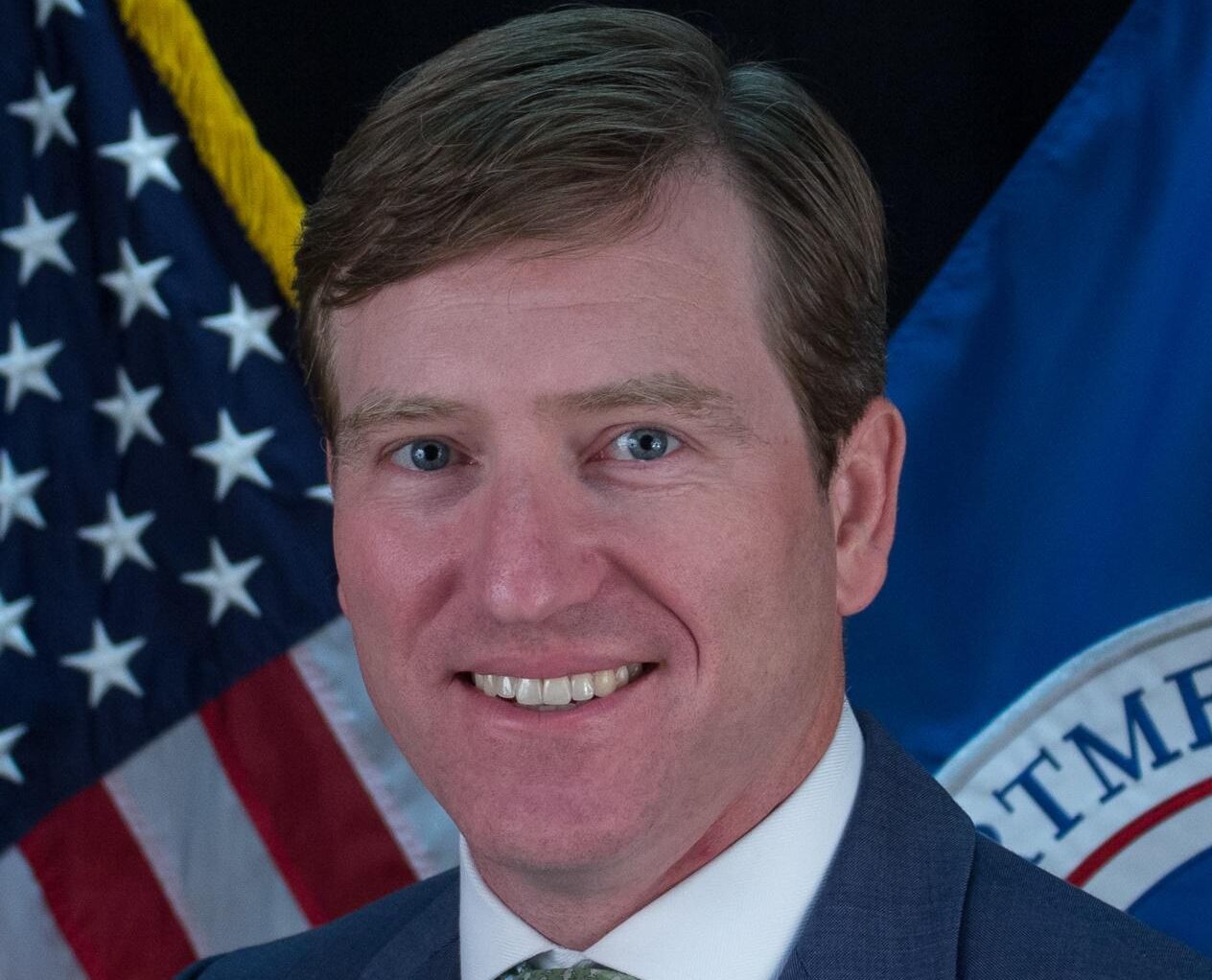
Christopher Krebs, the former director of the U.S. Cybersecurity and Infrastructure Security Agency, stated: “They want to embarrass the Trump campaign and Trump and prevent him from winning. More broadly, they are trying to damage [the United States’] reputation globally and cause internal strife domestically.”
A few specialists encouraged alertness and said the degree of Iranian vindictive political activity at present should be rebuffed, not dreaded.
“Pay a Price”

“No foreign nation should believe they can try to influence our nation and not pay a price for it,” said Nakasone, who’s additionally the establishing head of the Vanderbilt Institute for National Defense and Global Security.
As far as it matters for them, Trump campaign authorities didn’t appear particularly bothered by the possible leak of their communications. According to one adviser, they have been informed that other nations have also been attempting to hack their emails in recent months. “Our people actually believe the Iranians are the least sophisticated of the bunch.”
Secretly Run Websites
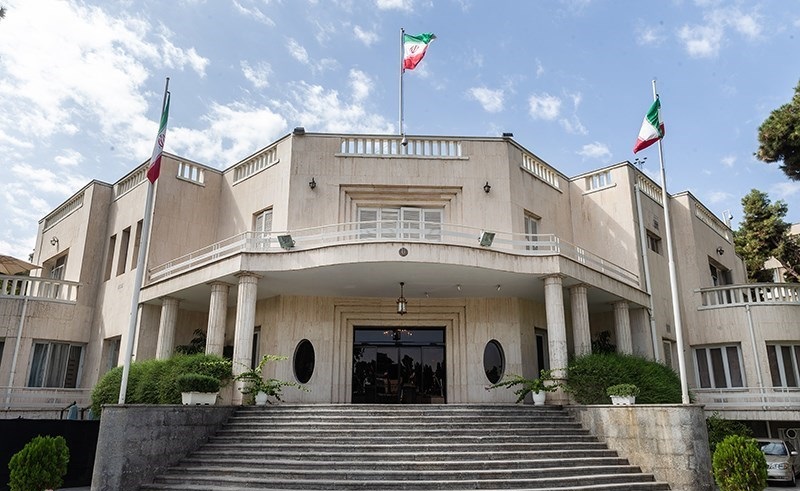
Researchers have tracked down pieces of information on potential future Iranian influence plans.
Microsoft highlighted four websites in its most recent report that, according to the company, were secretly run by Iran and pretended to be legitimate news outlets which published articles on contentious topics like the presidential election, LGBTQ+ rights, and the Israeli military campaign in Gaza.
Contentious Articles

The articles seem created to cater to various political influences and inclinations, said Patrick Warren, a professor and disinformation expert at Clemson University who has concentrated on nation-state endeavors to impact political discourse online.
Some of them incorporate subjects that are probably going to interest political liberals, while others have a conservative slant.
Strangely, one even distributed an opinion piece lauding the assassination of a top Hamas official in Tehran, supposedly by Israel, an operation that the government of Iran has condemned and threatened to vindicate.
